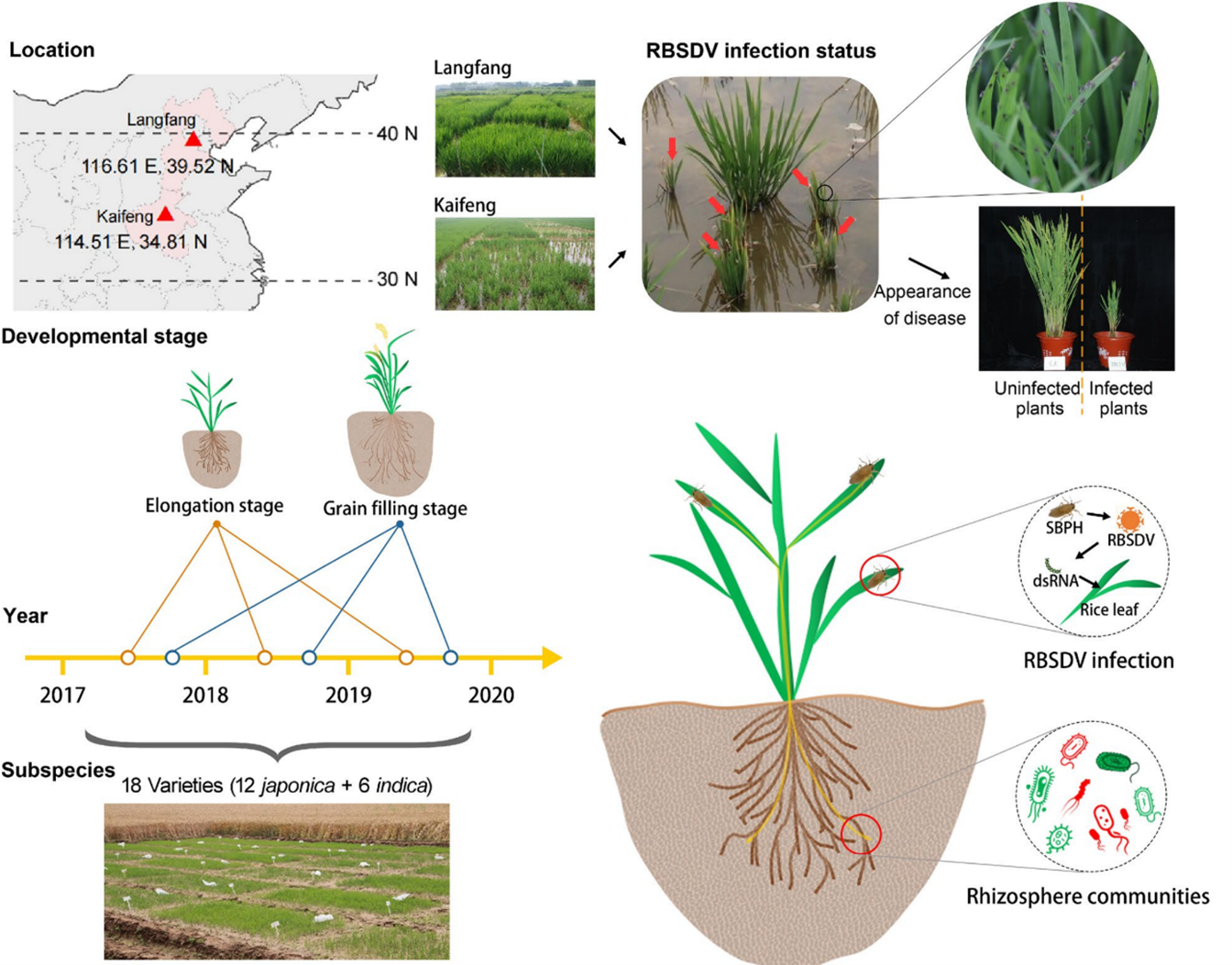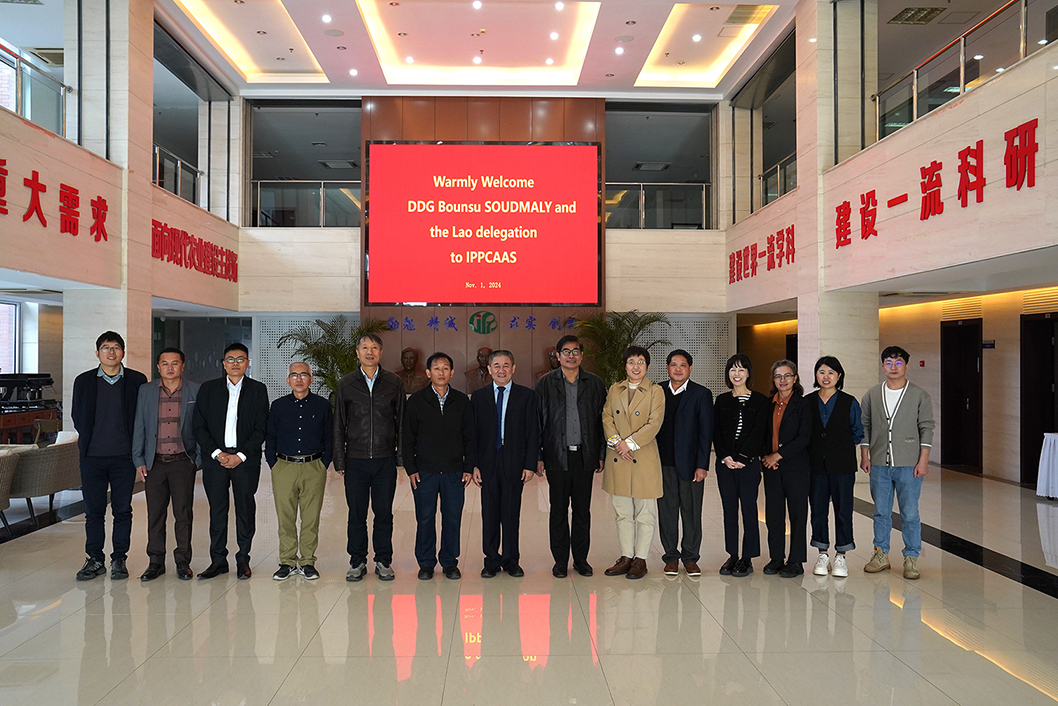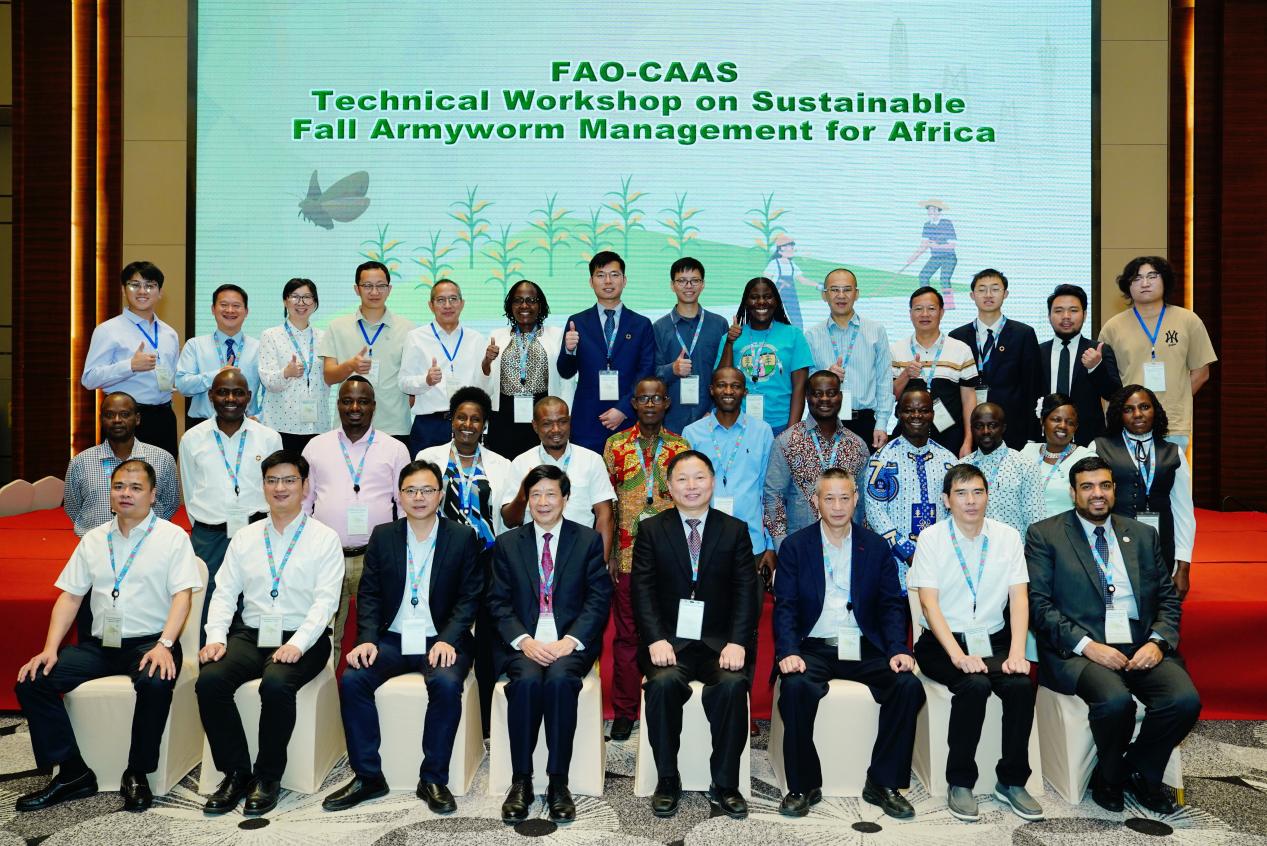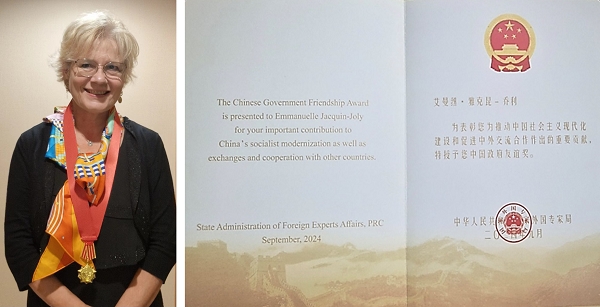IPPCAAS Collaboration Reveals the Impact of Vector-Transmitted Viruses on Host Rhizosphere Microbial Dynamics
Recently, the Crop Virus Disease Monitoring and Control Innovation Team from the Institute of Plant Protection, CAAS, published a research paper entitled "Dynamic alterations and ecological implications of rice rhizosphere bacterial communities induced by an insect-transmitted reovirus across space and time" in Microbiome . In this study, based on a three-year field experiment, the authors systematically revealed the dynamic changes in rice rhizosphere bacterial communities caused by rice black-streaked dwarf virus (RBSDV), transmitted by the small brown planthopper, and explored the ecological implications of these changes across different spatial and temporal conditions.
Insect-transmitted viral diseases are one of the major threats to staple crops, such as rice and wheat, characterized by periodic outbreaks that pose significant challenges to disease prediction and control. Previous research has predominantly focused on the impact of viruses on the aerial parts of plants. More studies have found that rhizosphere microbes are crucial not only for plant growth and development but also for disease resistance. Therefore, understanding how viral infections alter rhizosphere microbial communities is vital for unraveling the mechanisms behind the periodic outbreaks of viral diseases. This study systematically investigate the effects of viral infection on rice rhizosphere microbial communities.
The study involved 16S rRNA amplicon sequencing of 1,240 samples collected from Langfang of Hebei, and Kaifeng of Henan. It found that RBSDV infection significantly altered the diversity and composition of rice rhizosphere bacterial communities, with these changes varying by location, year, developmental stage, and rice variety. The impact of RBSDV on rhizosphere bacteria was particularly pronounced during the rapid growth stage of rice. Metabolomic analysis further revealed that specific metabolites in the rhizosphere soil, such as glycerophosphates, amino acids, and steroids, were closely associated with changes in bacterial communities. These findings suggest that these metabolites might regulate the composition and function of microbial communities during viral infection.
This study is the first to integrate microbiome and metabolomic analyses to uncover the dynamic effects of insect-transmitted plant viral infections on rice rhizosphere bacterial communities. It offers a new perspective on the interactions between viruses, plants, and soil microbes. The results not only enhance the understanding of the mechanisms underlying the periodic outbreaks of crop viral diseases but also provide potential strategies for improving crop disease resistance through the manipulation of rhizosphere microbial communities.
Postdoctoral researcher Wu Nan from IPPCAAS and Associate Professor Shi Wenchong from Shandong Agricultural University are the co-first authors of the paper. Professor Wang Xifeng from IPPCAAS, Professor Gao Zheng from Shandong Agricultural University, and Professor Ren Yingdang from Henan Academy of Agricultural Sciences are the co-corresponding authors. The study also involved contributions from Associate Researcher Liu Wenwen from IPPCAAS, and Professor Li Xiangdong from Shandong Agricultural University.
The research was supported by the National Key R&D Program (2023YFD1400300), the National Postdoctoral Science Foundation (2022M723452), and the Open Project of the State Key Laboratory for Integrated Management of Crop Pest and Disease (SKLOF202308).

-
 The Lao PDR-China Joint Laboratory for Plant Protection holds technical seminar at IPPCAAS
The Lao PDR-China Joint Laboratory for Plant Protection holds technical seminar at IPPCAAS -
 IPPCAAS Successfully Organized the FAO-CAAS Technical Workshop on Sustainable Fall Armyworm Management for Africa in Guangdong
IPPCAAS Successfully Organized the FAO-CAAS Technical Workshop on Sustainable Fall Armyworm Management for Africa in Guangdong -
 IPPCAAS Hosts Symposium for CAAS-INARE International Joint Laboratory for Plant Protection to Congratulate Professor Emmanuelle Jacquin-Joly on Receiving the Chinese Government Friendship Award
IPPCAAS Hosts Symposium for CAAS-INARE International Joint Laboratory for Plant Protection to Congratulate Professor Emmanuelle Jacquin-Joly on Receiving the Chinese Government Friendship Award -
 IPPCAAS Wins the 2024 FAO Achievement Award
IPPCAAS Wins the 2024 FAO Achievement Award
